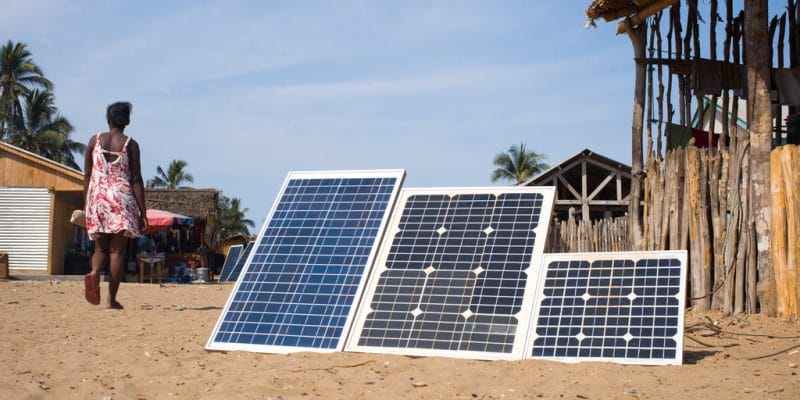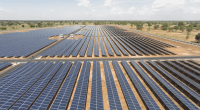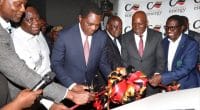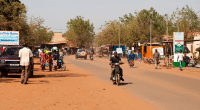The Rural Electrification Agency (REA) and the World Bank have formed a partnership to promote and provide off-grid solar power to several communities not covered by the central grid in Nigeria in order to provide electricity to these communities. Both institutions have just begun to raise awareness about the use of off-grid energy.
Nigeria is one of the most populous countries on the African continent with more than 200 million inhabitants. While demographics are constantly increasing, access to electricity is not keeping pace, and the problem is evident in rural areas where more than 60% of the population does not light up at night, according to the World Bank. In the various states of this West African country, however, efforts are being made, with the support of the Rural Electrification Agency (REA).
To facilitate access to electricity in rural areas, this federal entity has decided to focus on off-grid as is the case in other countries on the African continent. The World Bank wants to support this approach. The two institutions have therefore established a partnership for the promotion of off-grid energy, which would be produced from renewable sources such as solar energy.
The beginning of the partnership
As part of the partnership that now links REA to the World Bank, in 67 communities in the four selected countries, people will be sensitised to the solar off grid. Supported by the World Bank, REA teams travel through villages with the objective to carry out a land survey and, above all, to understand the exact needs of the populations before the launch of the pilot project. The agency decided to include the initiative in the framework of the Nigeria Electrification Project (NEP).
In Niger State, the project involves 12 communities, 18 in Cross River State, 23 in Sokoto State, and 13 in Ogun State. The World Bank has made its support for the project conditional on the inclusion of the private sector, which should develop public-private partnerships (PPPs). Thus, each company wishing to invest in an off-grid project must finance up to 70% of it. The rest will be provided by the World Bank in the form of a soft loan. This pilot project will serve as a guide for many other projects that the REA and the Nigerian government wish to carry out in the coming years. The long-term objective is to achieve a rural electricity access rate of 75% by 2020 and 90% by 2030.
Jean Marie Takouleu






